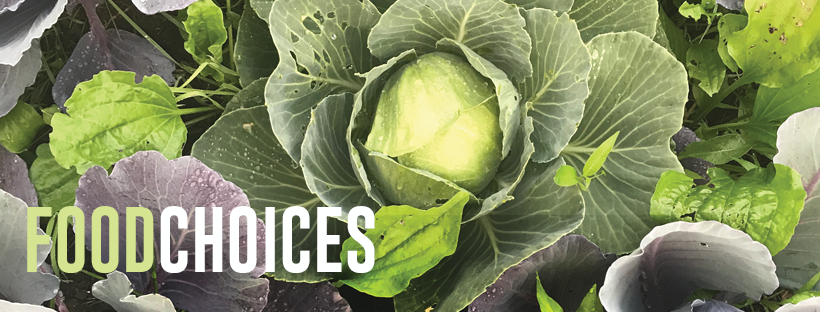
Are there any of our modern Quaker testimonies that aren’t affected by what and how and why and with whom we eat? We may not break wafers as a liturgical act, but the Quaker potluck comes pretty close to a kind of communion. Some of the deepest pastoral ministry I’ve experienced has taken place while washing and drying dishes in a meetinghouse kitchen. On a recent Sunday I traveled to a meeting for the adult First-day school program listed on their calendar, only to find they were using the time to clean the meetinghouse after their annual strawberry dinner. I smiled knowing the fellowship conversations of stacking tables and chairs would be as precious as any First-day school curriculum.
Food unites and food divides. It both marks us into tribes and gives us opportunities to reach past our societal limits. From chicken barbeques to vegetarian-dominated potlucks, what we put on the table says a lot about our values, and how we welcome unfamiliar food choices is a measure of our hospitality. How do kitchen-table spreads of tofu and chickpea dips reinforce certain stand-apart cultural norms? Are Friends who like barbecue ribs less Quaker? What about meetings that still host the annual chicken dinner or clambake?
Our issue begins with Quaker farming. Many of the once-prolific Quaker farmsteads have been sold or gone fallow in recent times, along with small- and mid-size agriculture everywhere. What have we lost? What should we try to keep? Rachel Van Boven has been interviewing Quaker farmers and has come to see how the work they do transcends the mechanics of agriculture to become a form of ministry. Could there be a way for non-farming Friends to recognize and better support it as such?
We include three articles on vegetarianism: John Sniegocki profiles notable vegetarians in Quaker history, while Dayna Baily tells the story of how her weekly drive past farms on her way to meeting ignited a nascent concern. Vegetarian advocate Margaret Fisher provides a refreshing list of hopeful reasons why veganism has become easier over time. It’s a relatively judgement-free zone; I hope readers of all culinary persuasions will appreciate the heartfelt honesty of these personal accounts.
Food is also a great tool for outreach. Shared meals can re-energize a meeting or provide outreach to the local community. Emily Provance and NiaDwynwen Thomas write about using food as a way to build young adult communities. In my own travels, I’ve seen a strong correlation between vitality and how long people stayed after worship to eat and talk over muffins and coffee.
The author of “Letting the Higher Power Do It” shares her personal account of navigating Quaker food culture with an eating disorder. Her anxiety around the Quaker potluck table overflowing with goodies comes through. She finds a way to tune into a Divine Will to change her behavior through a 12-step model. We’ve honored her request to make this one of our very occasional anonymous articles.
Finally, we received so many great articles for this topic that we’ve put together a second, online-only issue for readers to enjoy. You’ll see a list with excerpts on page 4. I very much recommend opening up the online edition at Friendsjournal.org/online to read them. There are some wise and funny and heartfelt articles there.
June-July 2019: Food Choices
Features
The Ministry of Quaker Farmers by Rachel Van Boven
Feeding Young Adults with a Taste of Abundance by Emily Provance and Niadwynwen Thomas
Vegetarianism in Quaker History by John Sniegocki
Butcher Hogs for Sale by Dayna Baily
A Vegan Offers Three Reasons for Hope by Margaret Fisher
Letting the Higher Power Do It by Anonymous
Poetry
Aspect of Loss by Karie Firoozmand
Turkey Vultures by Charles Weld
Departments
Among Friends, Forum, News, Books, Milestones, Classifieds, Meeting Listings


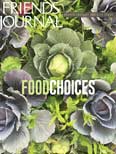
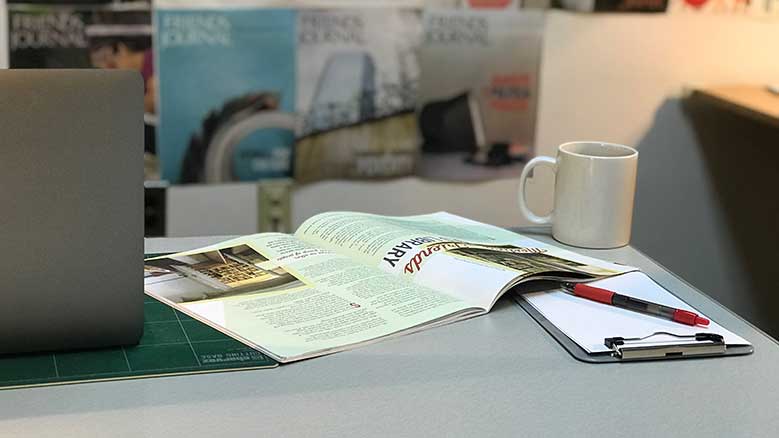
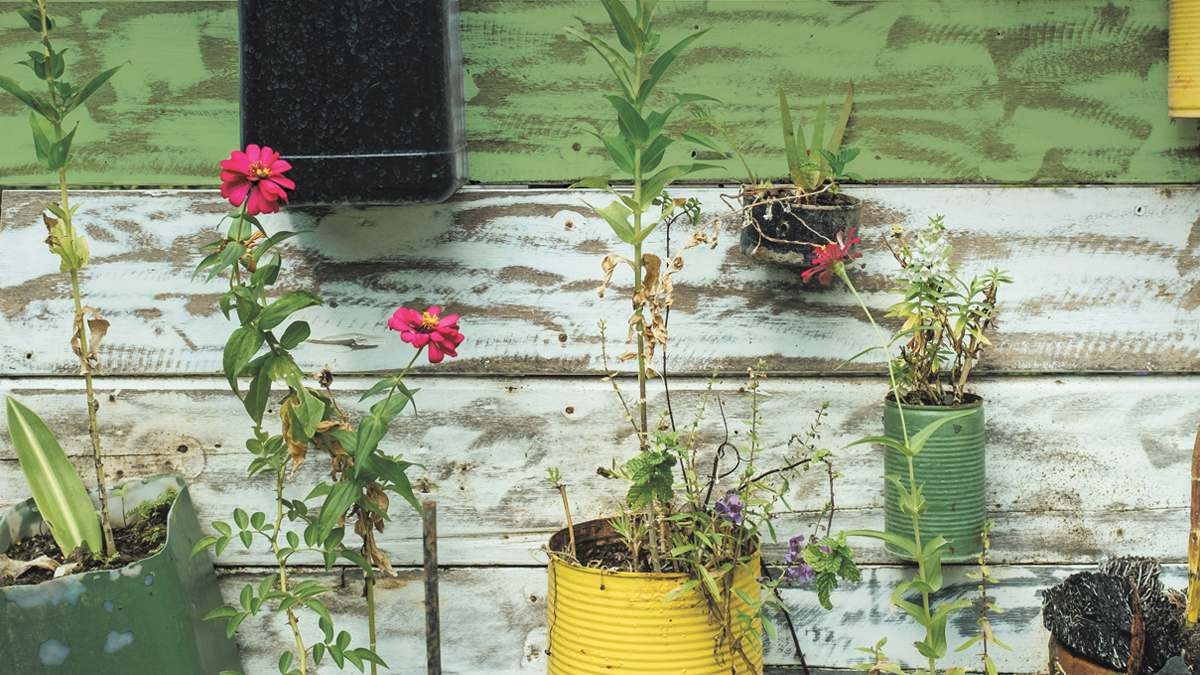
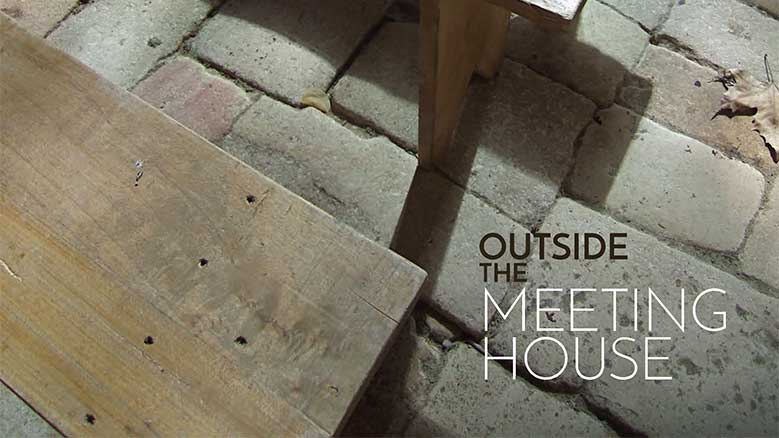
Comments on Friendsjournal.org may be used in the Forum of the print magazine and may be edited for length and clarity.